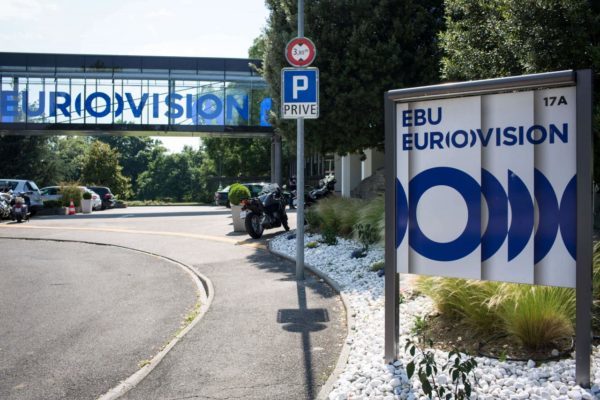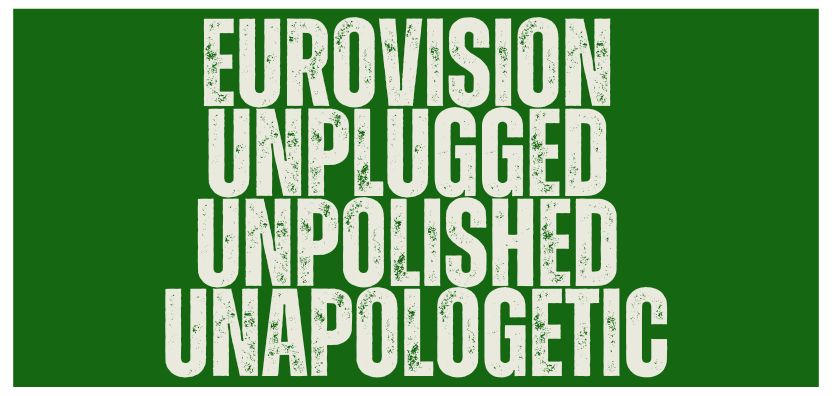
|
Getting your Trinity Audio player ready...
|
As protests intensify and member broadcasters threaten withdrawal, the Eurovision Song Contest faces an unprecedented test of its values and unity
The Eurovision Song Contest, Europe’s most-watched entertainment programme, stands at a crossroads that threatens to define its future. The growing boycott movement over Israel’s participation in the 2026 contest in Vienna has evolved from isolated protests into a coordinated diplomatic crisis that could fundamentally alter the competition’s landscape.
What began with Ireland’s broadcaster RTÉ announcing it would not participate if Israel competes has rapidly escalated into a multinational stand-off. The Netherlands’ AVROTROS joined the boycott, followed by declarations from Slovenia’s RTVSLO, while Spain’s Culture Minister Ernest Urtasun has urged withdrawal and Iceland’s RÚV has made participation conditional on the European Broadcasting Union’s December decision.
The backdrop to this crisis is the devastating war in Gaza, where over 64,750 Palestinians have been killed since October 2023, including at least 245 journalists according to Palestinian authorities. The toll continues mounting daily, with recent strikes killing dozens more Palestinians.
A Contest Under Siege
This boycott differs markedly from Eurovision’s past political tensions. When Russia was excluded in 2022 following its invasion of Ukraine, the decision came swiftly from the EBU itself. Now, the organisation faces pressure from within, as member broadcasters threaten to fracture the contest from the inside—something unprecedented in Eurovision’s modern history.
The allegations against Israel’s participation extend beyond moral objections to its military actions. Dutch broadcaster AVROTROS has accused the Israeli government of “proven evidence of interference” during the 2025 contest, where Israel’s Yuval Raphael finished second after topping the public vote. Multiple European broadcasters have questioned the integrity of the televoting system, with Spain’s RTVE requesting an audit and Belgium’s VRT calling for investigation into potential manipulation.
The controversy centres on claims that Israel’s Government Advertising Agency (Lapam) funded promotional campaigns encouraging voting, whilst state social media channels were deployed to boost support. Though Eurovision’s director Martin Green stated this violated no rules, the perception of state-backed vote manipulation has intensified calls for Israel’s exclusion.
The Human Cost Behind the Politics
The broadcasters’ statements reveal deep moral discomfort with continuing as usual whilst civilians suffer. Ireland’s RTÉ described participation alongside Israel as “unconscionable given the ongoing and appalling loss of lives in Gaza”. The Netherlands’ AVROTROS cited not only the death toll but the targeting of journalists, with over 240 media workers killed in what the UN calls the deadliest conflict for journalists in recorded history.
This humanitarian dimension distinguishes the current crisis from previous Eurovision political disputes. The sheer scale of casualties—which the UN estimates includes 80% civilians—has created moral pressure that transcends traditional cultural diplomacy arguments.
A Diplomatic Tightrope
The EBU finds itself caught between competing principles. Its membership rules theoretically grant all active members the right to participate, yet its stated values of unity, diversity, and bringing people together appear increasingly at odds with enabling what critics characterise as “genocide whitewashing”.
Unofficial proposals reportedly floated to Israeli representatives include voluntary withdrawal or performing under a neutral flag, though Israeli officials are understood to view these as unacceptable precedents. The suggestion that Israel’s public broadcaster KAN issue a statement distancing itself from government policy similarly appears unlikely.
The December deadline for participation confirmations creates a pressure cooker atmosphere. If several major broadcasters withdraw, the contest could face commercial and cultural catastrophe. Nations like Ireland and the Netherlands are not peripheral participants—they represent core Eurovision constituencies whose absence would diminish the competition’s credibility and appeal. RTVE Spain is one of the ‘big five’ broadcasters, whose money pays a large portion of staging costs.
Beyond Eurovision’s Borders
This crisis reflects broader tensions about cultural institutions’ responses to geopolitical conflicts. The academic, cultural, and sporting boycotts of Israel have gained momentum globally, with Eurovision becoming a high-profile battleground for these competing visions of cultural engagement versus isolation.
The contest’s founding mission “to bring people together after a period of deep division and war” appears increasingly hollow when one participant is actively engaged in military action that other members consider genocidal. This contradiction exposes fundamental questions about whether cultural events can remain “apolitical” when politics intrude so violently into human lives.
The Reckoning Ahead
As the EBU’s December decision approaches, Eurovision faces choices that will define its character for decades. Excluding Israel might preserve unity among remaining members but would establish precedents for political exclusions beyond the Ukraine-Russia model. Maintaining Israel’s participation risks a cascade of withdrawals that could destroy the contest’s universality.
The solution, if one exists, likely requires acknowledgement that Eurovision cannot remain politically neutral when faced with conflicts of this magnitude. The organisation’s consultation with member broadcasters represents recognition that its traditional approach—keeping doors open regardless of external events—no longer commands consensus support.
What emerges from Vienna in May 2026, assuming the contest proceeds, may bear little resemblance to the celebration of European unity that Eurovision has traditionally represented. Instead, it could mark the moment when cultural institutions finally grappled with the impossible contradictions of maintaining neutrality in an increasingly polarised world.
The boycotting broadcasters have made their choice clear: some lines cannot be crossed in pursuit of entertainment, however beloved. Whether Eurovision can survive that moral clarity—or will be diminished by ignoring it—remains the defining question as Europe’s greatest cultural celebration faces its greatest test.




![[UPDATED] EBU issue Eurovision ultimatum to Israel EBU](https://oneurope.co.uk/wp-content/uploads/2025/09/ebu-218x150.png)
